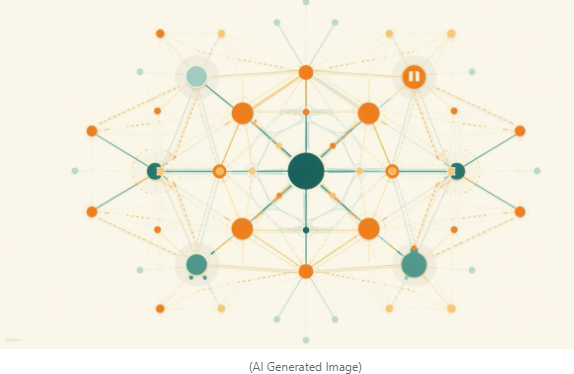Leonardo Cunha
Leadership | Entrepreneurship | Management | Planning | Strategy | Writing for Finance | Development finance expert | International speaker
8th November 2025
Social innovation hubs and clusters play a foundational role in connecting diverse actors, driving collaboration, and achieving impactful outcomes for sustainable development. As highlighted in academic research, innovation hubs serve as central points for managing activities, knowledge flows, and collective action within regional ecosystems. Their proximity to universities, industry, and government is fundamental for fostering the conditions required for innovation-based regional development, extending beyond business to address social challenges (Chowdhury et al., 2023).
According to Oksanen and Hautamäki (2014), innovation hubs generate value for global networks while providing responses to regional structural changes and crises. As mutual survival platforms, these hubs are particularly vital for the socio-economic development of small cities and rural communities (Avdikos & Merkel, 2020). Moreover, research demonstrates that hubs and clusters act as social incubators, enabling extensive networks and value-added projects rooted in knowledge generation (Nicolopoulou et al., 2017; López-Rubio et al., 2021).
Clusters of civil society actors-including non-profits, social enterprises, and citizen groups-create synergies through shared learning and coordinated action, a necessity underscored by international frameworks. The United Nations' 2030 Agenda for Sustainable Development (SDGs) establishes a blueprint that encourages cross-sectoral collaboration and defines measurable goals, with civil society organisations recognised for their key role in legitimacy, diversity, and local insight (United Nations, 2015). Recent studies reveal that socially innovative initiatives are essential tools for advancing the SDGs, offering new methods of participation and work that address multidimensional challenges and promote positive change (García-Flores, 2023).
Academic discourse stresses that barriers to collaboration, such as fragmentation, can limit impact. Coordinated networks, inspired by social movements, overcome these barriers and promote sustainable, scalable solutions that reach vulnerable communities (Chowdhury et al., 2023); García-Flores, 2023).
Following international development agendas and investing in robust hubs and clusters is thus critical for civil society. Research consistently demonstrates that such approaches ensure that innovative solutions are scalable, accountable, and sustainable (Chowdhury et al., 2023); García-Flores, 2023).
References:
Avdikos, V., & Merkel, J. (2020). Supporting open, shared and collaborative workspaces and hubs: Recent transformations and policy implications. European Planning Studies, 28(2), 349-370. DOI: 10.1080/09654313.2019.1689924
Chowdhury, E. H., López-Rubio, D., Erina, I., Avdikos, V., & Merkel, J. (2023). The Contribution of Innovation Hubs Towards Innovation-Based Regional Development. World Scientific. https://doi.org/10.1142/9789811272297_0006
García-Flores, de V. (2023). Social Innovation and Sustainable Development. EpsiR. https://doi.org/10.3989/epsir.2023.1.03
Nicolopoulou, K., Karatas-Ozkan, M., Vas, C., & Nouman, M. (2017). An incubation perspective on social innovation: The London Hub-a social incubator. R&D Management, 47(3), 368-384. DOI: 10.1111/radm.12234
United Nations (2015). Transforming our world: the 2030 Agenda for Sustainable Development. https://doi.org/10.18356/8ba4676f-en


